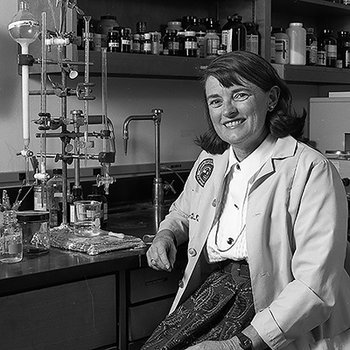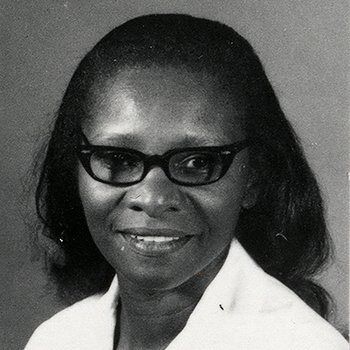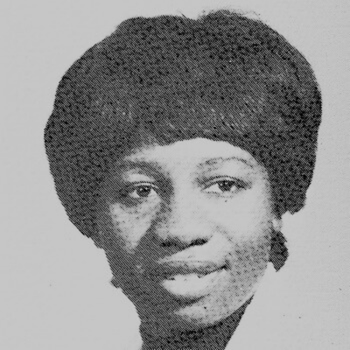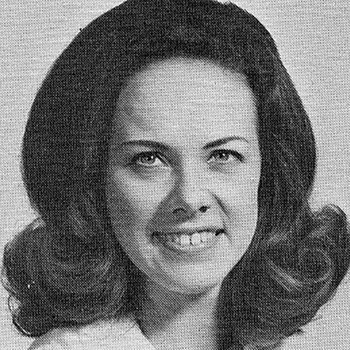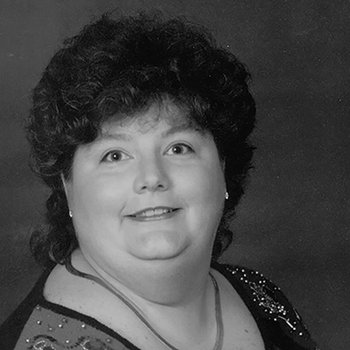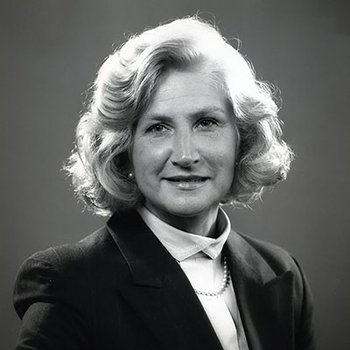<br/>
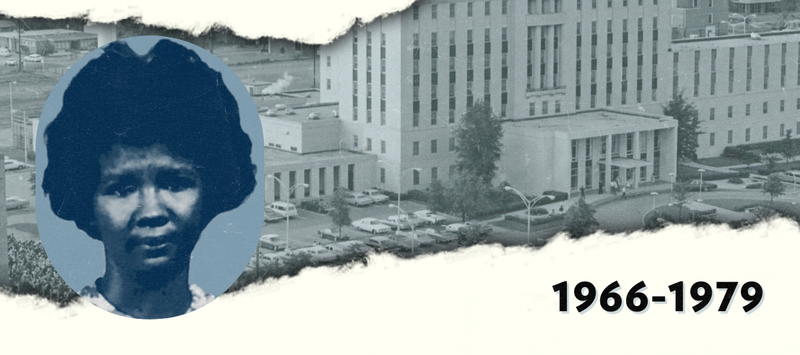
<br/>
Civil Rights and Black Women at MUSC
<br/>
While difficult for many women in the twentieth century, choosing a career in medicine in the South was significantly more challenging for women of color. Black women who gained access to medical education faced gender discrimination as well as racism. Even as late as 1974 in the College of Medicine’s history Sesquicentennial, 1824-1974 the 1965 Civil Rights Act is referred to as “a new arbitrary federal law.” Yet for those women who bravely pursued medical education and positions in the medical field, they have made major contributions to both medicine and MUSC history.
<br/>
When the National Association of Colored Graduate Nurses dissolved in 1950, Black nurses made up only 6% of all graduate and student nurses nationwide. Of the roughly 1200 nursing schools across the country at the time, only 200 had at least one Black student. Hazel Alston was one of the first Black licensed practical nurses to join the Medical College Hospital in 1955. Alston, however, was in an even smaller minority. Most Black hospital workers, particularly at the Medical College, served in non-professional positions, from cooks to housekeepers and nurse’s aides, where they were underpaid and often faced harassment.
<br/>
These Black women played a prominent, visible role in the Hospital Workers’ Strike of 1969—one of the last major demonstrations of the Civil Rights Movement. Galvanized by the the reluctance of President William McCord to recognize their grievances and union, the strike began when Medical College Hospital staff walked off their jobs on March 19th and lasted 99 days. It finally came to an end when the administration agreed to rehire strikers, to put into place a grievance process for harassment, and to modestly increase pay.
<br/>
Black women faced other racial barriers in the medical field on a national level as the American Medical Association only officially desegregated in 1968. Still, Black women enrolled at the Medical College in the years following the legal end of Jim Crow. Rosslee Douglas became the first Black woman to graduate from the Medical University in the College of Nursing in 1972, one year after the first Black male had graduated from the institution. The following year, Rose Delores Gibbs, a native of Moncks Corner, became the first Black woman to graduate from the College of Medicine. In 1977, Emma Frazier became the first woman to graduate from the College of Graduate Studies, followed by Phyllis C. Johnson-Wolf, Janice N. Jones, and Cassandra Tisdale at the College of Pharmacy in 1980.
<br/>
Today, studies show that medical faculty and administrators of color not only provide better care to members of their communities, but also serve as prominent role models. However, only 3% of doctors and physicians are Black women, and they make up only 2% of academic faculty nationwide.
<br/>
Watch our video for additional information:
<br/>
<br/>
Featured Women
<br/>

